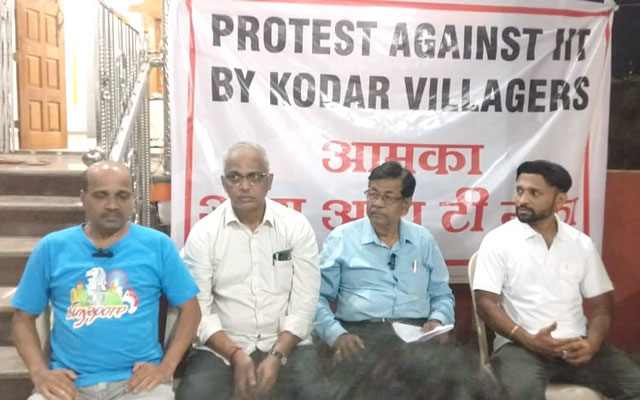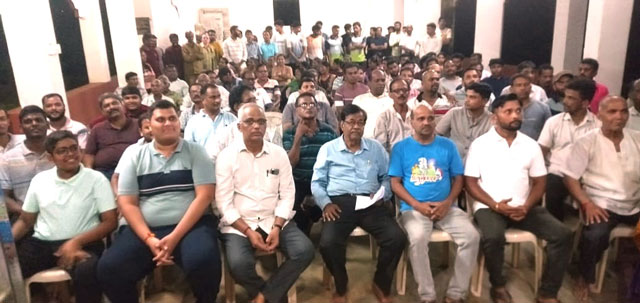Sanjay Borkar
Panaji, Sep 14: The Indian Institute of Technology (IIT) Goa, established temporarily in 2016 within the Goa Engineering College (GEC) in Ponda, South Goa, continues to face hurdles in shifting to a permanent campus. Opposition at five proposed sites has stalled progress, highlighting the importance of ŌĆśdevelopment with consentŌĆÖ and the need to balance projects with community concerns.
Despite assurances from then union minister for human resource development Prakash Javadekar on July 30, 2016, the instituteŌĆÖs journey toward a permanent set-up has remained complex, underscoring the critical role of stakeholder engagement in infrastructure development.



On the day of the inauguration in 2016, locals from Loliem-Canacona protested against the proposed IIT Goa campus in their village. Responding to their slogans, then defence minister Manohar Parrikar lamented during the inaugural function, ŌĆ£People protest if anything new comes here, which actually can benefit the masses. I can understand when protest is against polluting factories, but why oppose educational institutes?ŌĆØ
The opposition that began in Loliem-Canacona forced the government to withdraw, and subsequent sites identified for the campus have met the same fate.
Locals have raised concerns that the project would cause large-scale environmental damage, including cutting down trees, loss of agricultural land, and harm to eco-sensitive areas.
After resistance in Loliem-Canacona, another site was identified at Shel-Melauli in Sattari taluk of North Goa, but prolonged agitation by locals stalled it. The government then looked at Cotarli in Sanguem, followed by Rivona in Sanguem taluk, where over 10 lac sq m of land was earmarked. Both faced stiff opposition. Now, a fifth site has been identified at Codar in Ponda taluk, but locals here too have launched a movement, vowing to resist the project.
To mitigate opposition earlier, Manohar Parrikar had assured support from the defence ministry to promote technical education in Goa.
Current Goa minister Subhash Phal Dessai, who wanted to bring the project to his constituency in Sanguem, promised 2,000 jobs with preference to local youth. But protestors across all identified sites have rejected such assurances.
The National Institute of Technology (NIT) Goa had faced similar opposition. However, in July 2017, the government of Goa transferred 4,56,767 sq m (113 acres) of land in Cuncolim for its permanent campus. With assistance from the ministry of education, the campus took full shape in 2023 and was inaugurated by Prime Minister Narendra Modi in February 2024.
The NIT campus, with a built-up area of 70,750 sq m at a cost of Rs 390.83 crore, accommodates 1,260 students.
Despite this, locals and opposition leaders now allege that Goan youths are not being employed in the institution, even though state land was given for the project.
Meanwhile, political leaders in power have proposed bringing private universities to promote Goa as an ŌĆśeducational hub.ŌĆÖ These too are facing opposition, as people fear losing large tracts of land.
┬Ā
┬Ā